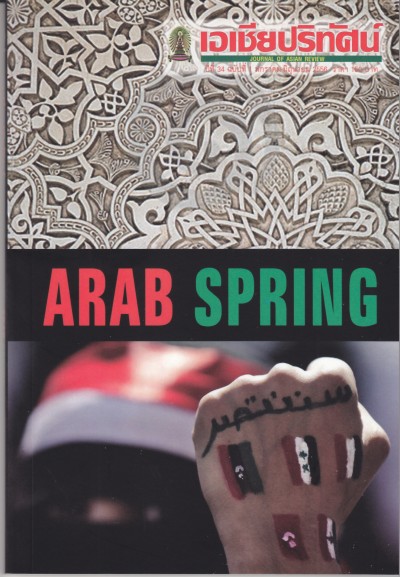บทบาทประชาสังคมและอนาคตประชาสังคมอิสลามในการแก้ปัญหาจังหวัดชายแดนภาคใต้
Main Article Content
บทคัดย่อ
The Role of Civil Society and the Future of Islamic Civil Society in Solving the Southern Border Provinces
This article aims to study the development and role of civil society and the future of Islamic civil society in solving the southern border provinces. The study found that the development of civil society originated in the local community in the form of social movement and then evolved into communal society. After the Cold War the civil society organizations in the southern border provinces quickly came into existence and enjoyed a variety of social support through the process of participation supported by universities in the areas. After the attack on an army barrack and seizure of its weapons in 2004 (BE 2547), more civil society organizations came into being to cater for the rights and treat the victims of violence. Later, many civil society organizations collaborated in setting up the community council of the southern border provinces. The council has played a crucial role in building peace and propelling the idea of decentralization as a means of settling the problem of unrest in the three southernmost provinces. In addition, the future ability of the Islamic civil society to solve this problem would materialize through its access to, and good relations with, people at the grass roots level as it was found that both the Muslim personnel and religious organizations were most trusted and acceptable to the people in the problematic southern areas.


